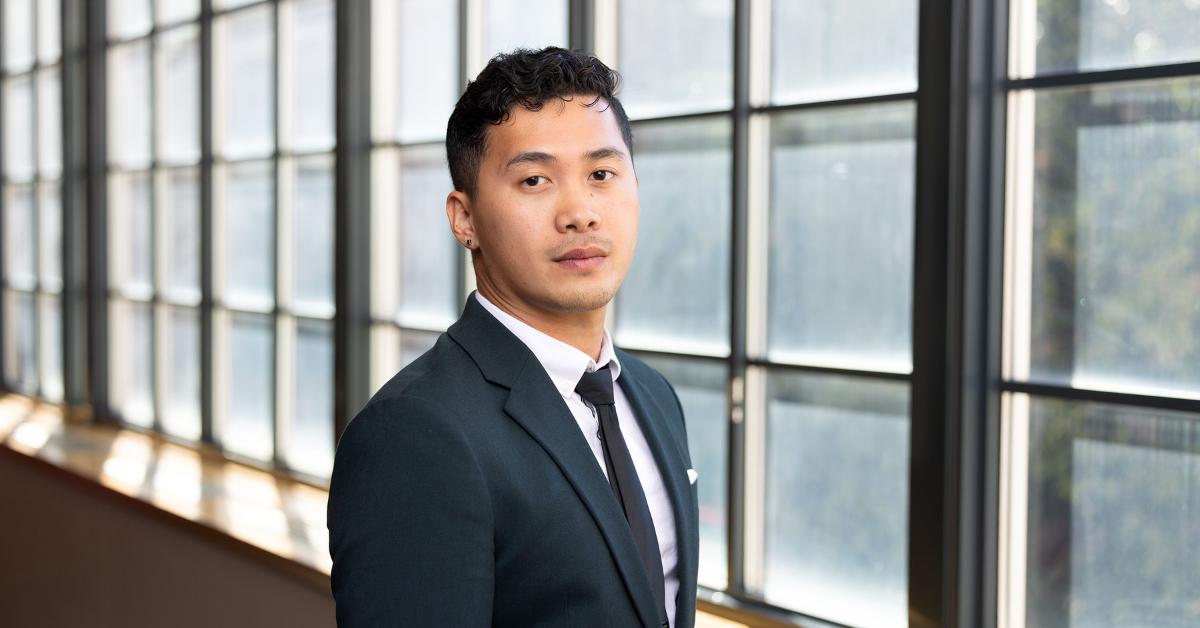Originally published in the November issue of the Notes on Antiracism, Justice, and Equity newsletter.
I didn’t know my name was Charles until I was five.
“The other kids are going to call you that.” Until that moment, everyone in my life called me By (pronounced “be”) — a pun that only makes sense if you understand Vietnamese and English. I never heard Charles before, and it didn’t feel like it belonged to me. It felt more like I belonged to it. My family reshaped our collective future when they immigrated to the states in 1993, and my name was just one small part of that.
Growing up, my parents taught me never to waste an ounce of food. I remember thinking, “If you can, finish it. If you can’t, save it. If it goes bad, eat it anyway.” My dad recounted stories of the six years he spent as a prisoner of war in Vietnam, where he was tortured and regularly watched people die. He did whatever was necessary to survive, including eating insects and cassava, a shrub that can cause cyanide poisoning. For me to waste food, in all of my privilege, seemed like an insult.
The public health impacts of war are difficult to describe or fathom. Those who are directly impacted by war may suffer physical injuries, malnourishment, PTSD, and countless other adverse health outcomes, all while their public health infrastructure comes crashing down. And those effects can translate into adverse health outcomes for the children of survivors, as those challenges reverberate into intergenerational trauma.
As I reflect on recent events, I recognize that whether we call it war, conflict, or genocide, the same dynamic exists: people in power decide what happens to everyone else. But public health and war cannot coexist. Populations cannot be well alongside weapons of mass destruction. Communities cannot be healthy without functional health systems. People cannot thrive if they, or those they care about, are being killed.
Thinking about my family’s ancestral legacy, I reflect on the political factors that have shaped our lives. I think about our proximity to whiteness. I think about the shame associated with growing up in poverty. After the recent election, these thoughts have turned into questions about who I am and who we are as a country. “I didn’t ask to be here, but I am – what do I do with that? How do I balance resilience and despair? What gives an Asian, immigrant boy his name?”
Decades after the Vietnam War, my parents settled in Davenport, IA. As a teenager, I remember sitting at the dinner table with my siblings amongst a spread of braised pork belly, hard boiled eggs, jasmine rice, and a variety of herbs. We didn’t say grace. Instead, we just looked at our parents, and thanked them.
Cảm ơn, ba mẹ.
By

